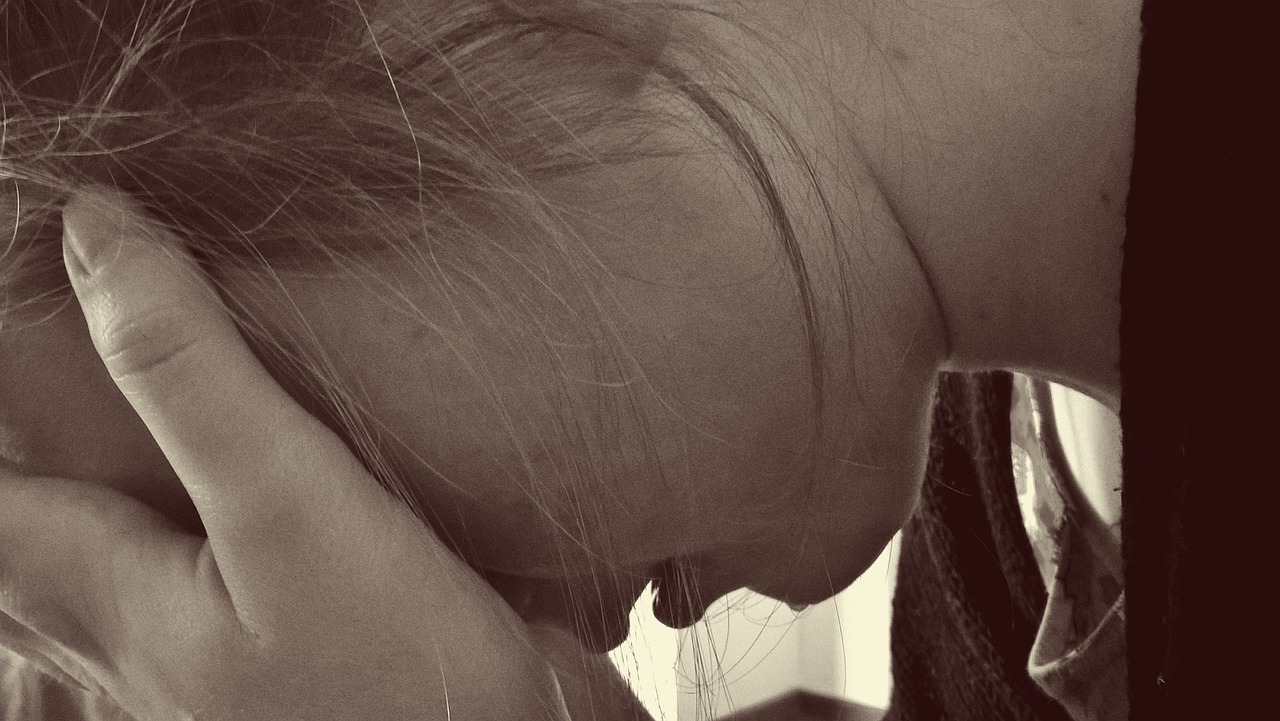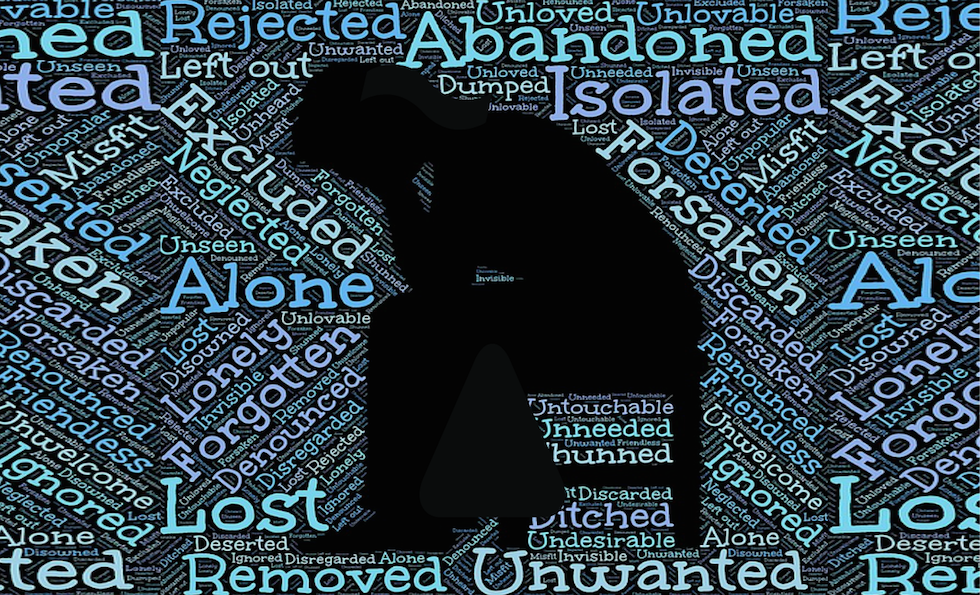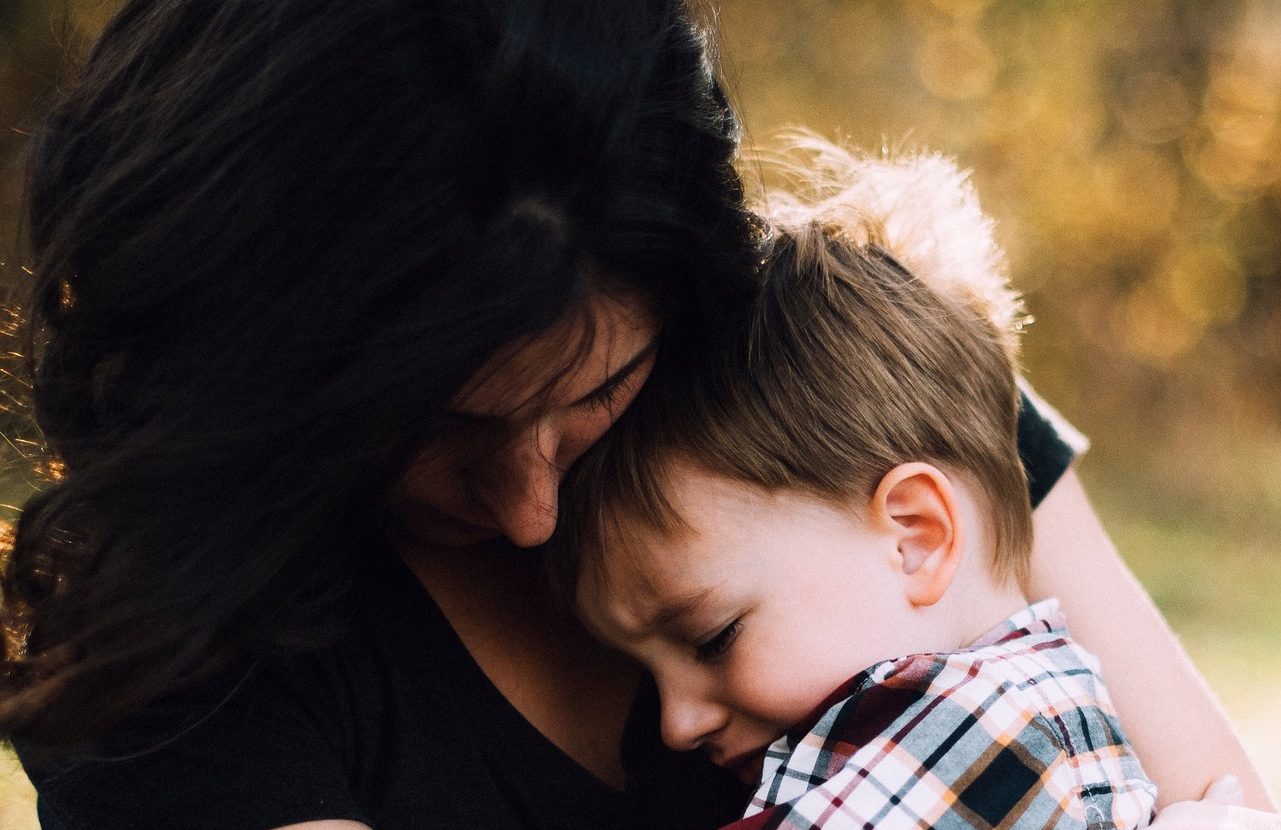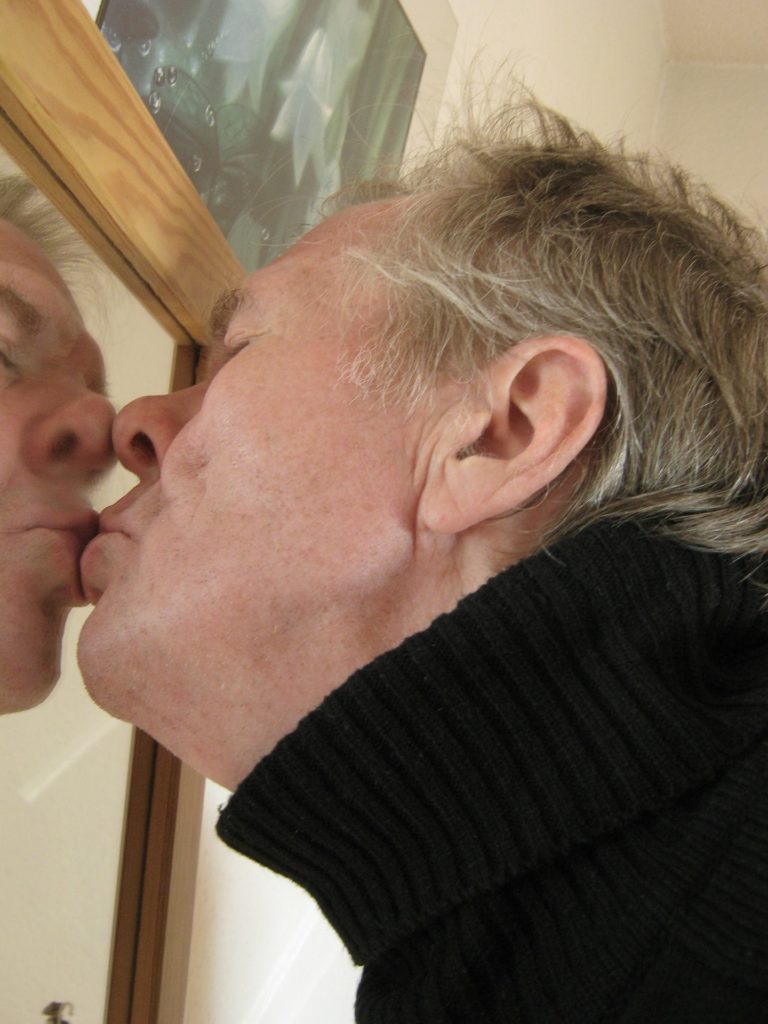The decision to leave an abusive relationship is the beginning of the journey to freedom. To make a successful break, it is important to make a plan and to be very careful. If the abuser becomes suspicious, it may be difficult to leave safely. The danger is very real and it is vital to keep calm and make the right choices depending on the situation. If you are able to get professional help from an abuse counselor, then please do so. If your situation is volatile, then you may not get the time to make a proper plan and you will just have to grab some things and run. Your safety and the safety of your children is paramount so act accordingly. If you do have the time to get everything together and make an orderly exit, please consider the suggested checklist.
1. Gather as much information…
…on what your options are and of organizations that can assist you. If you are using the computer at home, you will have to be careful not to leave any evidence behind. There are resources online that have information on how to remove traces of your activity. You can search for “Remove traces of Internet activity” and follow the guidelines. You should also make a note of local emergency numbers, for example the police, nearby doctors and shelters. If you call a number for help, then erase the number from your call log or dial a different number from a landline to prevent a redial.
2. Determine at least two safe places…
…that you can go to when you leave. Ideally this will not be somewhere that your husband has been to before, for example your parent’s house. You do not want to have the drama of a confrontation shortly after leaving. The reason for having at least two places to go to is to have a backup in the event that you have to leave your first option. This is more likely than you would believe as you do not know what situation you are going into. If you have children, then you will need to determine if they can keep your secret. If they are too young or they look up to their father, then they may accidentally or intentionally make the abuser aware of your plans. If they can be trusted, then you will need to give them the contact details of the safe places. Teach them what they can do to stay safe and not to try to protect you as they can also get hurt.
3. Keep a record of all abusive incidents…
…that you or your children experience. This can be a journal and pictures of injuries and reports from doctors or hospitals. Having proof of your abuse is important in building your case for the courts. It will also be helpful in obtaining a restraining order against your husband.
4. Gather your important documents…
…for example your medical records, identification papers, registration papers, bank documents and insurance information. If you are able to make a copy of these papers without your husband’s knowledge, then you can do that and put them in a safe place. This would be in the event of your husband taking control of the originals. If you have children, then ensure you have their papers as well.
5. Put together an emergency set of clothing…
…that you can just grab and go. You can put this in one of your drawers so that you do not arouse the suspicion of your husband. It is good to also put aside some money in a safe place and make a copy of your car key if you have one. You may also give your friend or family member a packed bag with essentials. This would include clothes, money, medication, information and a cell phone that your husband is unaware of. Instruct them to periodically check that the cell phone is charged and functional.
6. Practice your escape plan…
…so that you can work out any potential problems that may arise. While doing this, you should turn off your electronics or better yet do not take any with you. Drill your children in what they should do and plan for worst case scenarios. Keep the plans for your children simple so as to minimize possible mistakes.
7. Seek the most appropriate time to leave…
…which should be when your husband is busy outside the home. This can be while he is at work or on a trip; just ensure that you will have sufficient time to get away. After you have left, do not return and do not contact your husband. You may have to take a leave of absence from work so that you can avoid seeing your husband. You should also consider keeping the children away from their school until you can enroll them into a different one. Do not go anywhere that you usually frequent as your husband may be watching out for you.
This is a concise list of what you should consider. For more information about what you can add to your checklist, please see the book “Time To Go”. If you have something to add or some important information that others should consider, please leave a comment below. Thanks for reading and good luck on your journey to freedom.





































